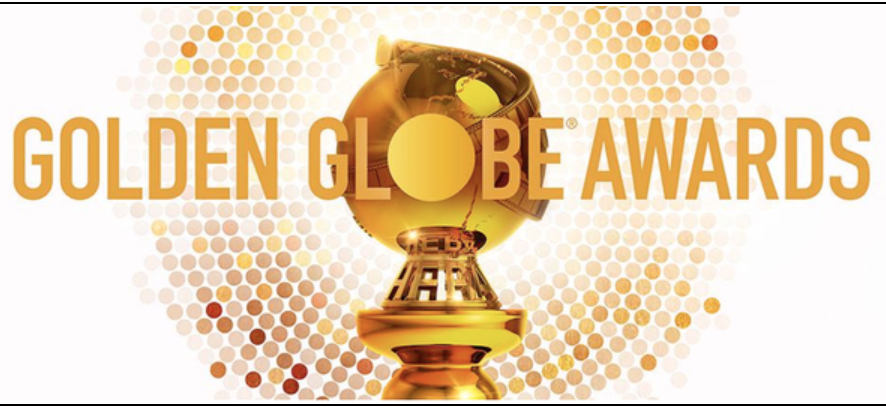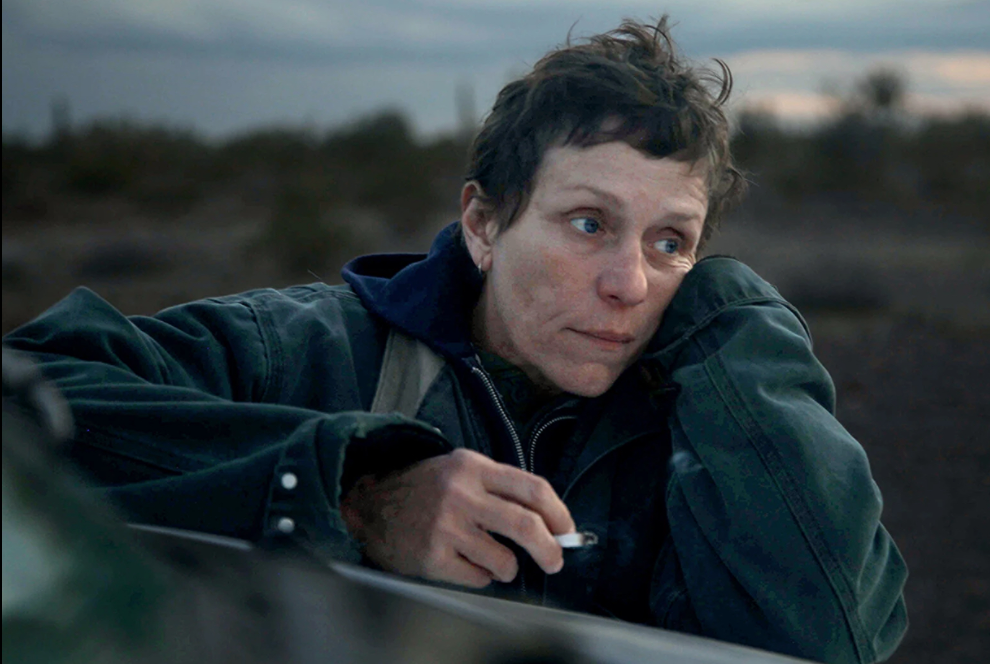Narrative Is Everything
Of the five Best Actress nominees, Carey Mulligan has the most compelling narrative — portrayed a definitive #MeToo character, has been delivering ace-level performances for over a decade, weathered the Dennis Harvey Sundance review altercation. Andra Day‘s Billie Holiday is quite commanding and lived-in, but there’s no narrative as Holiday was her first substantive role … Read more



